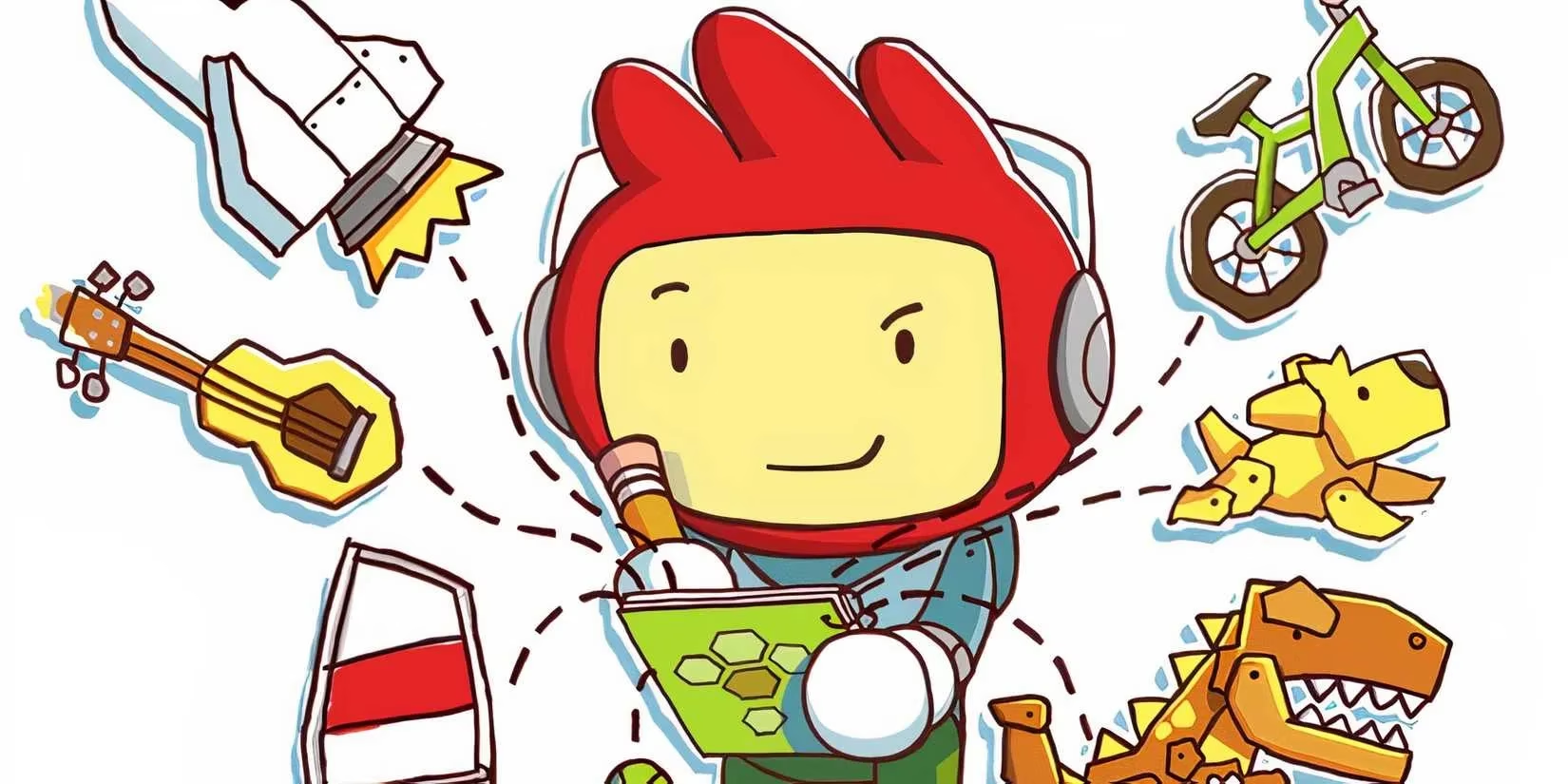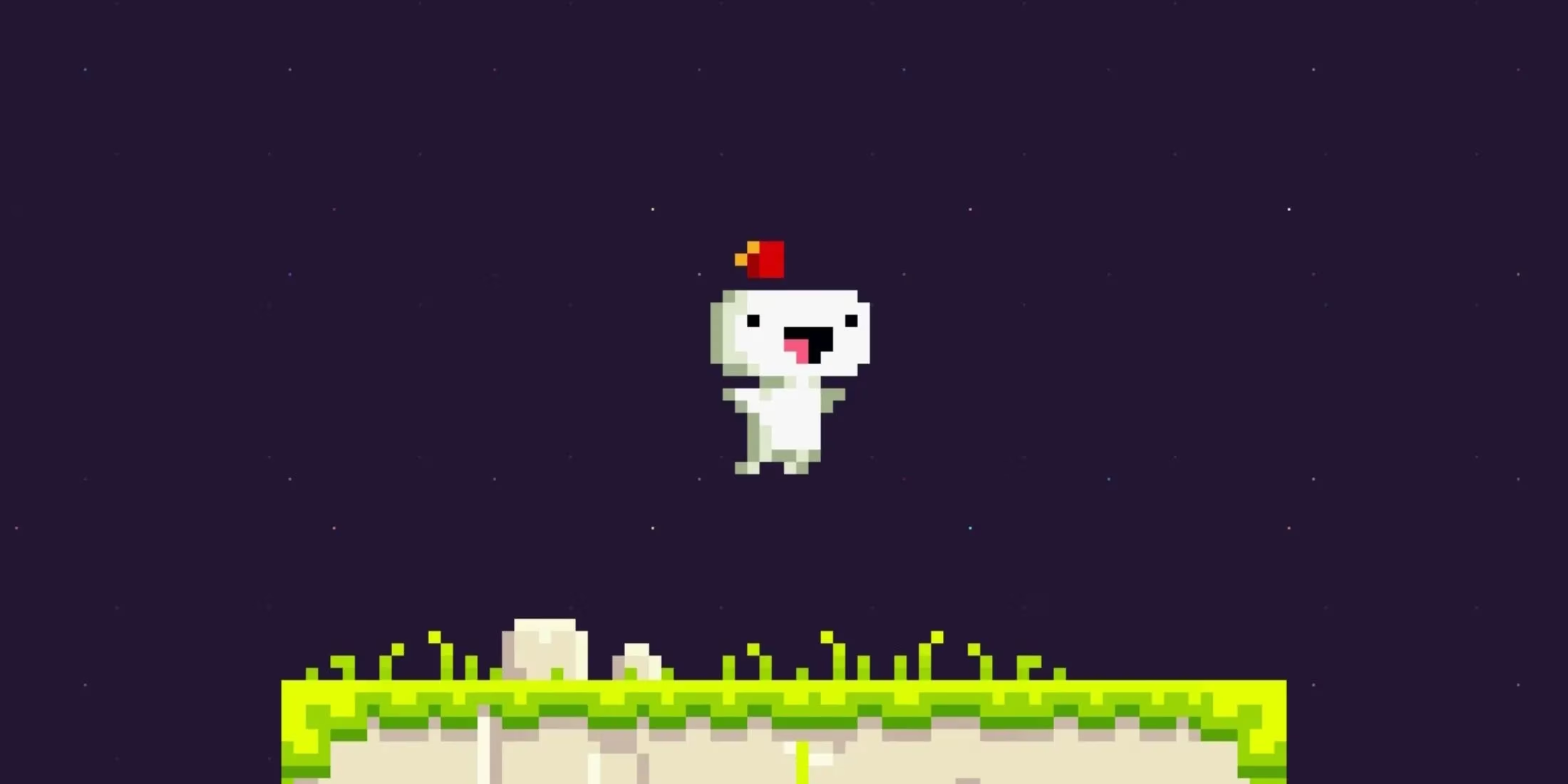The gaming landscape offers a fascinating dichotomy between linear adventures and open-ended experiences. While tightly scripted campaigns like Call of Duty deliver explosive thrills through cinematic set pieces, a growing contingent of players seeks liberation in non-linear worlds where imagination becomes the ultimate weapon. These titles transform gameplay into intellectual playgrounds, inviting unconventional solutions that flex cognitive muscles and spark eureka moments when players crack puzzles in unexpected ways. 🧩
The Legend of Zelda's Evolutionary Leap
Breath of the Wild and Tears of the Kingdom revolutionized Nintendo's formula by introducing Shrines—compact puzzle chambers where physics reign supreme. Yet Echoes of Wisdom pushed boundaries further by letting players clone objects and enemies to manipulate environments. Imagine stacking duplicated crates into makeshift staircases or spawning trampolines to vault over obstacles. This mechanic turned Hyrule into a sandbox where creativity directly translated to progression.
Hitman: World of Assassination's Deadly Playground
Agent 47 operates in meticulously designed murder playgrounds where every item holds lethal potential. Players might:
-
Poison a target's sushi during a lavish party 🍣
-
Disguise as a drummer to backstage-access a rockstar
-
Orchestrate "accidental" chandelier drops
Each mission functions like a puzzle box with dozens of solutions, rewarding observational skills and patience. The Paris fashion show level alone offers 327 documented assassination methods!
Metal Gear Solid V: Tactical Espionage Freedom
Venom Snake's open-world infiltration shattered series conventions. Players could:
| Approach | Tools | Outcome |
|---|---|---|
| Non-lethal | Sleep darts, cardboard decoys | Recruit unconscious soldiers |
| Lethal | Rocket launchers, C4 | Permanent eliminations |
| Experimental | Horse dung traps, inflatable decoys | Chaotic distractions |
Mother Base expansion created tangible incentives for creative captures, while dynamic weather systems forced real-time adaptation.
Death Stranding 2: On the Beach's Delivery Dynamics
Sam Bridges' package-delivery odyssey became a masterclass in terrain analysis. Crossing mountains might require:
-
Deploying anchor-equipped ladders over crevasses
-
Crafting thermal pads for snowy slopes ❄️
-
Building zip-line networks between peaks
Player-constructed infrastructure gradually transformed hostile landscapes into navigable routes, with better solutions yielding premium rewards from clients.
Deus Ex: Human Revolution's Cybernetic Customization
Adam Jensen's augmentations enabled staggering flexibility:
-
Invisible takedowns via optical camouflage
-
Conversation-hacking social enhancers
-
Icarus Landing System for verticality
This RPG allowed players to specialize in entirely different skill trees across playthroughs—whether becoming a ghostly infiltrator or a heavily armed juggernaut.
Scribblenauts' Lexical Wizardry

Maxwell's magic notebook recognized thousands of nouns and adjectives, letting players conjure anything from 'winged wheelbarrows' to 'flaming unicorns' 🦄. Rescuing a cat? Try:
-
Summoning a firefighter
-
Creating rain clouds
-
Building a staircase of cheese wedges
This linguistic playground made vocabulary acquisition thrilling through emergent experimentation.
Tunic's Mysterious Manuscripts
Disguised as a charming Zelda homage, this fox-led adventure hid profound meta-puzzles within its in-game manual. Players deciphered glyphs and connected environmental clues like archeologists, with solutions requiring:
-
Mapping constellation patterns ✨
-
Translating fictional runes
-
Discovering hidden prayer gestures
Each revelation peeled back layers of the island's enigmatic history.
Fez's Dimensional Twist

The titular hat granted dimension-shifting powers, transforming flat landscapes into navigable 3D spaces. A broken ladder viewed frontally became whole when rotated sideways. Later puzzles incorporated:
-
Cryptic QR codes
-
Tetris-like block languages
-
Astronomy-based alignment challenges
Perspective became the ultimate puzzle mechanic in this mind-bending platformer.
People Also Ask
Q: Do non-linear games improve real-world problem-solving skills?
A: Studies show they promote divergent thinking—the ability to generate multiple solutions. MIT's 2024 gaming cognition report noted 68% of players applied puzzle-solving techniques learned in games to workplace challenges.
Q: Which game offers the most freedom of approach?
A: Deus Ex leads with average 7.3 solutions per objective, followed by Hitman's 5.8 options. Both emphasize player agency over developer scripting.
Q: Are these games suitable for beginners?
A: Titles like Scribblenauts and Zelda offer gentle learning curves, while Death Stranding 2's asynchronous multiplayer lets players benefit from others' creative infrastructure.
As gaming technology advances, the frontier of interactive problem-solving expands into uncharted territory. What seemingly impossible real-world challenge could be transformed into an engaging game mechanic tomorrow? 🌌
 AdvGamer
AdvGamer